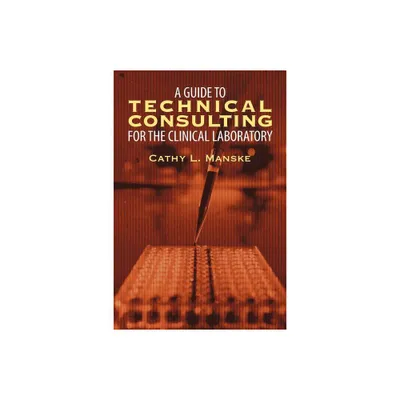Home
Bion the Consulting Room: An Implicit Method of Clinical Inquiry
Loading Inventory...
Barnes and Noble
Bion the Consulting Room: An Implicit Method of Clinical Inquiry
Current price: $170.00


Barnes and Noble
Bion the Consulting Room: An Implicit Method of Clinical Inquiry
Current price: $170.00
Loading Inventory...
Size: Hardcover
*Product Information may vary - to confirm product availability, pricing, and additional information please contact Barnes and Noble
Bion in the Consulting Room
addresses the long-unanswered question of Bion’s clinical and supervisorial technique and examines the way Bion’s conceptual model and clinical practices informed his theoretical work.
As Bion wrote about technique so rarely, the authors set about looking at many of his clinical and supervisorial examples to infer what might be learned from them. This book factors in the four distinctive periods of Bion's clinical and supervisorial work in chronological order: the group period of the 1940s; the period of the psychosis papers in the 1950s; the epistemological period of the early 1960s; and, finally, the period of his international group seminars in the late 1960s and 1970s. In all four periods, the authors examine and analyze his method of clinical inquiry, or how he went about knowing and experiencing his analysands and supervisees. The authors offer a uniquely overarching view of his method of clinical inquiry, uncovering an amazing consistency in how Bion went about his work both as a psychoanalyst and supervisor.
This illuminating book is essential reading for psychoanalysts, psychotherapists, and psychologists interested in the work of Wilfred Bion and the importance of his legacy in contemporary practice.
addresses the long-unanswered question of Bion’s clinical and supervisorial technique and examines the way Bion’s conceptual model and clinical practices informed his theoretical work.
As Bion wrote about technique so rarely, the authors set about looking at many of his clinical and supervisorial examples to infer what might be learned from them. This book factors in the four distinctive periods of Bion's clinical and supervisorial work in chronological order: the group period of the 1940s; the period of the psychosis papers in the 1950s; the epistemological period of the early 1960s; and, finally, the period of his international group seminars in the late 1960s and 1970s. In all four periods, the authors examine and analyze his method of clinical inquiry, or how he went about knowing and experiencing his analysands and supervisees. The authors offer a uniquely overarching view of his method of clinical inquiry, uncovering an amazing consistency in how Bion went about his work both as a psychoanalyst and supervisor.
This illuminating book is essential reading for psychoanalysts, psychotherapists, and psychologists interested in the work of Wilfred Bion and the importance of his legacy in contemporary practice.


















